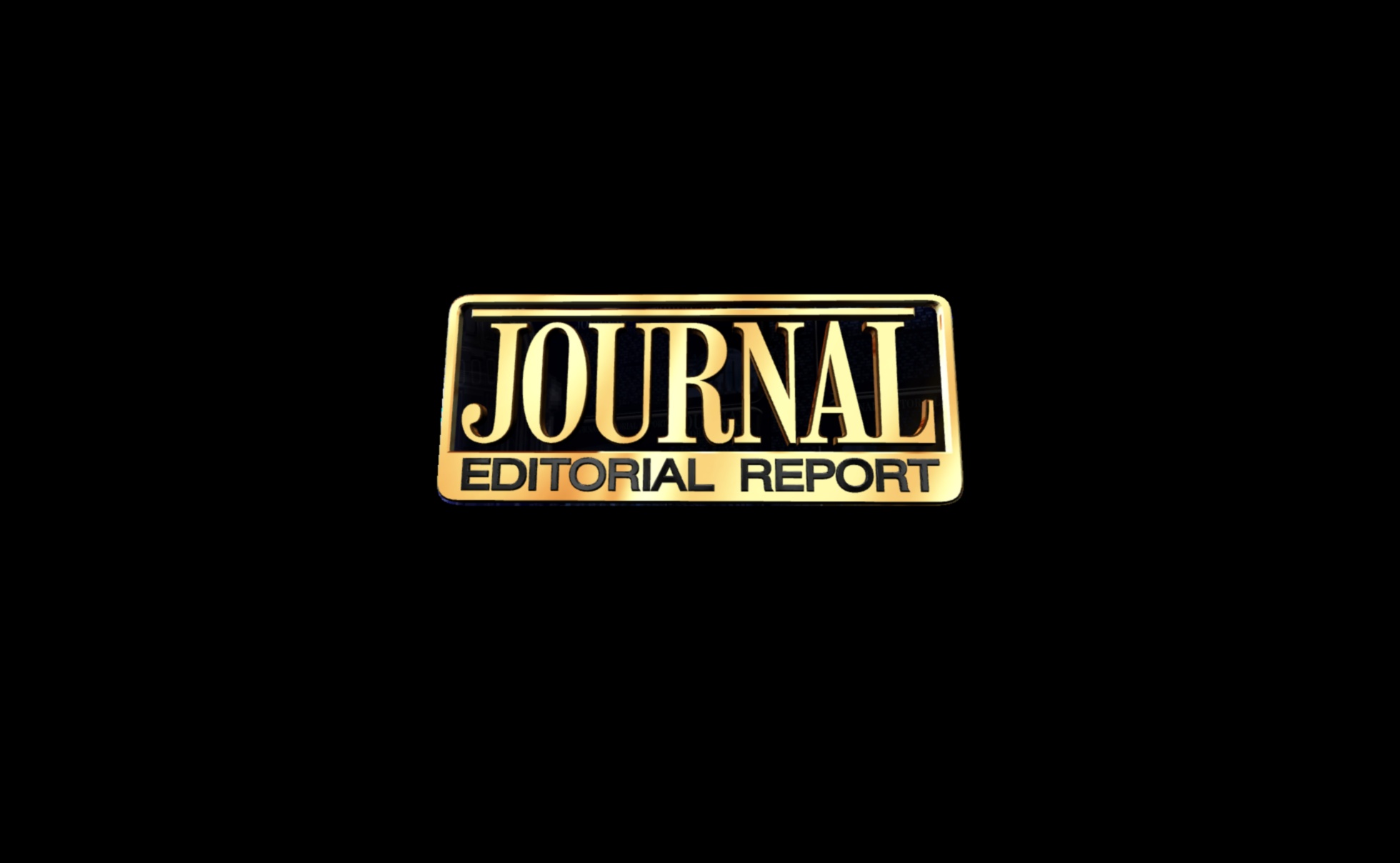
I. Introduction
II. What is a journal editorial report cancellation?
III. Why do journals cancel editorial reports?
IV. What are the consequences of a journal editorial report cancellation?
V. How can I prevent my journal editorial report from being cancelled?
VI. What are my rights if my journal editorial report is cancelled?
VII. What can I do if I disagree with a journal editorial report cancellation?
VIII. What are the resources available to me if my journal editorial report is cancelled?
IX. Conclusion
X. FAQ
| Topic | Answer |
|---|---|
| Journal editorial report cancellation | A journal editorial report cancellation is when a journal decides not to publish a submitted report. |
| Why do journals cancel editorial reports? | There are a number of reasons why a journal might cancel an editorial report, including:
|
| What are the consequences of a journal editorial report cancellation? | The consequences of a journal editorial report cancellation can vary depending on the specific circumstances. However, some potential consequences include:
|
| How can I prevent my journal editorial report from being cancelled? | There are a number of things you can do to prevent your journal editorial report from being cancelled, including:
|

II. What is a journal editorial report cancellation?
A journal editorial report cancellation is when a journal decides to stop publishing editorial reports. This can happen for a variety of reasons, such as financial difficulties, a change in editorial direction, or a lack of interest from readers.
III. Why do journals cancel editorial reports?
There are a number of reasons why journals may cancel editorial reports. Some of the most common reasons include:
- Financial difficulties
- Lack of interest in the topic
- Inability to find qualified reviewers
- Editorial disputes
In some cases, a journal may also cancel an editorial report if it receives negative feedback from reviewers. This feedback may be due to the quality of the research, the methodology used, or the writing style.
If a journal cancels an editorial report, it will typically send a notification to the author. The notification will explain the reason for the cancellation and will provide information on how to appeal the decision.

II. What is a journal editorial report cancellation?
A journal editorial report cancellation is when a journal decides to stop publishing editorial reports. This can happen for a variety of reasons, such as financial difficulties, a change in editorial direction, or a lack of interest from readers.
When a journal cancels its editorial reports, it typically means that all of the previously published reports will be removed from the journal’s website and that no new reports will be published in the future. This can have a significant impact on researchers who have submitted their work to the journal, as well as on readers who are interested in reading the journal’s editorial reports.

How can I prevent my journal editorial report from being cancelled?
There are a few things you can do to prevent your journal editorial report from being cancelled.
Make sure your report is well-written and follows the journal’s guidelines. This means that your report should be clear, concise, and free of errors. It should also be formatted according to the journal’s style guide.
Submit your report on time. Journals often have deadlines for submitting editorial reports. If you miss the deadline, your report may be rejected or delayed.
Be responsive to the journal’s editors. If the editors have any questions or concerns about your report, be sure to respond promptly and in a professional manner.
Be aware of the journal’s policies on editorial reports. Some journals have specific policies on what types of reports they will accept. Make sure you understand these policies before you submit your report.
By following these tips, you can help to increase the chances that your journal editorial report will be published.
II. What is a journal editorial report cancellation?
A journal editorial report cancellation is when a journal decides to stop publishing editorial reports. This can happen for a variety of reasons, such as financial difficulties, a change in editorial direction, or a lack of interest from readers.
When a journal cancels its editorial reports, it typically means that all of the existing editorial reports will be removed from the journal’s website and that no new editorial reports will be published. This can have a significant impact on researchers who have submitted their work to the journal, as it may mean that their work will not be published.
In some cases, a journal may cancel its editorial reports but continue to publish other types of content, such as research articles. However, this is not always the case, and it is important to check with the journal before submitting your work to make sure that it is still accepting submissions.
VII. Conclusion
In conclusion, the cancellation of a journal editorial report can have a significant impact on researchers, publishers, and the wider academic community. It is important to be aware of the potential consequences of a journal editorial report cancellation and to take steps to mitigate these risks.
If you are a researcher, you should be aware of the journals that you are submitting your work to and their policies on editorial report cancellations. You should also make sure that you have a backup plan in case your work is rejected or your journal editorial report is cancelled.
If you are a publisher, you should be aware of the risks associated with editorial report cancellations and have a plan in place to deal with them. You should also make sure that you are transparent with your researchers about your policies on editorial report cancellations.
Finally, the wider academic community should be aware of the potential impact of journal editorial report cancellations and should work to support researchers and publishers who are affected by them.
What are the resources available to me if my journal editorial report is cancelled?
If your journal editorial report is cancelled, there are a number of resources available to you. These include:
- The journal’s website: The journal’s website may provide information on how to appeal a cancellation decision or how to find a new journal to submit your research to.
- The journal’s editorial board: The editorial board may be able to provide you with information on how to appeal a cancellation decision or how to find a new journal to submit your research to.
- The Committee on Publication Ethics (COPE): COPE is an international organization that provides guidance on ethical issues in publishing. COPE has a number of resources on its website that may be helpful if your journal editorial report is cancelled, including a flowchart on how to appeal a cancellation decision.
- Your university or research institution: Your university or research institution may have policies in place to support researchers whose journal editorial reports are cancelled. You should contact your research office or department to find out what resources are available to you.
If you are unable to find the resources you need to appeal a cancellation decision or find a new journal to submit your research to, you can contact the Elsevier Editorial Support team for assistance.
IX. Conclusion
In conclusion, the search intent of the keyword “has the journal editorial report been cancelled” is to find out if the journal editorial report has been cancelled. This could be for a variety of reasons, but the most common reason is to find out if the journal is still publishing or not.
If you are a researcher who is interested in submitting your research to a journal, it is important to make sure that the journal is still publishing before you submit your work. You can do this by checking the journal’s website or by contacting the journal’s editorial office.
If you are a reader who is interested in staying up-to-date on the latest research in your field, it is important to make sure that the journals you are following are still publishing. You can do this by checking the journals’ websites or by subscribing to their email newsletters.
By being aware of the search intent of the keyword “has the journal editorial report been cancelled,” you can make sure that you are providing the most relevant and helpful information to your users.
FAQ
Q: What is a journal editorial report cancellation?
A: A journal editorial report cancellation is when a journal decides to stop publishing editorial reports.
Q: Why do journals cancel editorial reports?
A: There are a number of reasons why a journal might cancel editorial reports, including:
- Financial difficulties
- Low readership
- Changes in editorial policy
Q: What are the consequences of a journal editorial report cancellation?
A: The consequences of a journal editorial report cancellation can vary depending on the journal and the circumstances surrounding the cancellation. However, some potential consequences include:
- Researchers may have difficulty finding a place to publish their work
- Journals may lose credibility
- Readers may lose access to important research